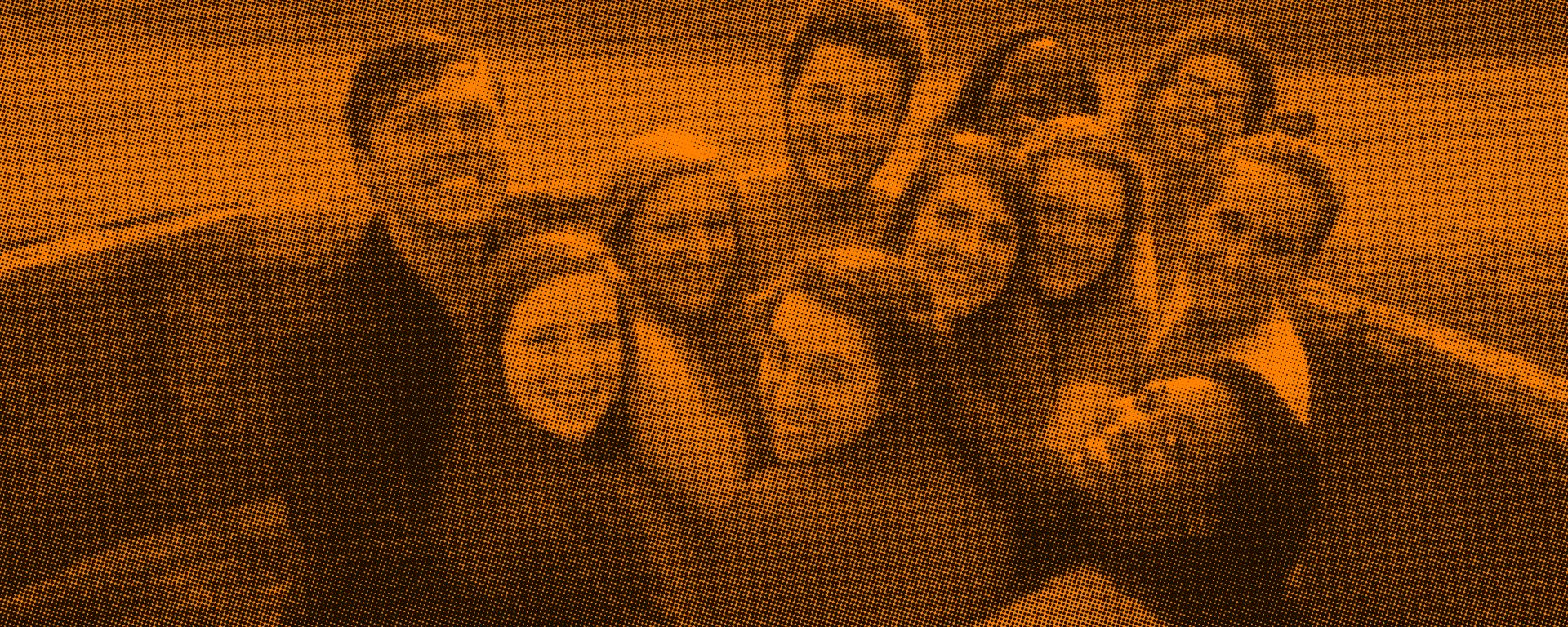By Katherine Saxon
Before he was chancellor of UT Martin, Keith Carver was a graduate student at UT Knoxville, helping lead teams of volunteers in relief efforts during the first years of the university’s Alternative Break program.
Twenty-five years later, he is still using the servant-leader skills he learned as a member of the program.
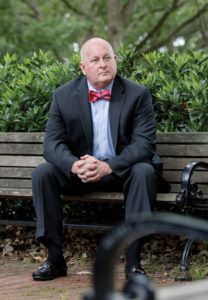
“The Alternative Break trips I helped coordinate certainly got me out of my comfort zone and broadened my understanding of true societal needs,” says Carver (Knoxville ’95, ’09).
Since 1993, students have embodied what it means to be a Volunteer by participating in meaningful service in cities across the United States through this program. The first spring break trip to Miami, Florida, in 1993 included 37 students. This year, 97 students, faculty and staff traveled to seven cities during spring break to serve communities in need.
Since its inception, more than 2,500 students have participated in 130 trips with the value of service hours estimated at $1.2 million.
TeamVOLS
Carver was a master’s candidate in college student personnel and educational leadership when he became involved with the program in 1993. He was hired as the first graduate assistant for what was then the TeamVOLS program, which was created to promote the Volunteer spirit and actively involve students in civic engagement.
During his two years with TeamVOLS, Carver led student and faculty teams on three trips. As co-director, he traveled with students to Homestead, Florida, to help with relief efforts after Hurricane Andrew. A few months later, Carver traveled with a group to East Hardin, Illinois, to help with relief efforts after one of the most devastating floods in U.S. history.
“I just remember being so blown away by the extensive water damage in Illinois,” he says. “The floods had literally come in and carried homes and farms away. I was equally impressed with the resiliency of the families and communities.”
For his final trip, he traveled to Boston to work with inner-city youth.
Alternative Spring Break Trips Through the Years
A new center, a new home
In 2012, the Alternative Break program found a home in the new Center for Leadership and Service. The office was formed to provide an increased focus on the values and practice of leadership and service, and on leadership development and service programs.
“The Alternative Break program is one way the university engages students in meaningful and collaborative community service,” says Jessica Wildfire, director of the Center for Leadership and Service. “The service increases the participant’s awareness of social issues and strengthens the communities they serve.”
While the original trips began and ended during the school breaks, today’s alternative break experience is much broader. Student participants engage in pre-trip meetings, educational opportunities and post-trip reorientation events.
“We believe adding these additional components to the program encourages students to continue developing as leaders for our campus while also engaging them as active citizens in the Knoxville community when they return,” Wildfire says. “Our hope is that students take on the lifelong commitment to serving their community wherever that may be, and the program is just the launching point for that engagement.”
Alternative Spring Break Trips in 2018
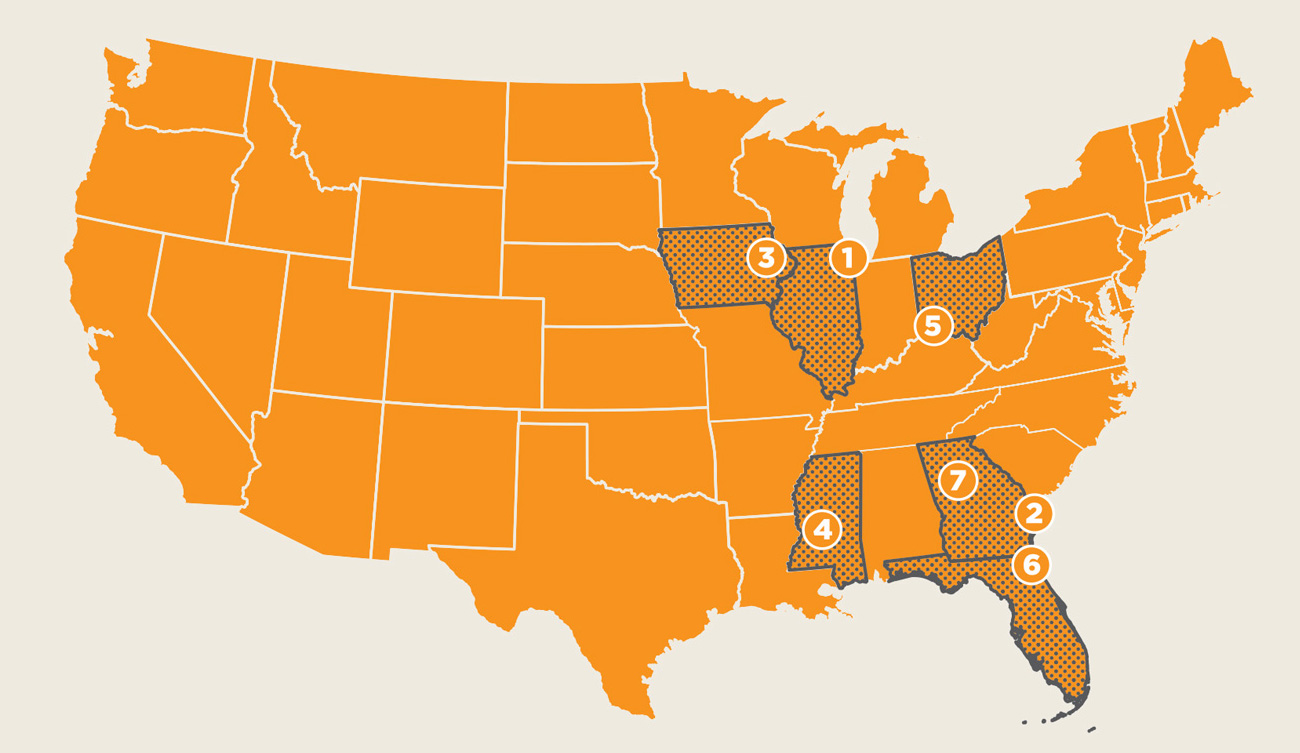
- Wealth Distribution (Chicago, Illinois)
- Animal Welfare (Savannah, Georgia)
- Accessibility Awareness (Monticello, Iowa)
- Food Insecurity (Jackson, Mississippi)
- Youth Development (Cincinnati, Ohio)
- Refugee & Immigrant Rights (Jacksonville, Florida)
- Civil Rights & Inclusion (Atlanta, Georgia)
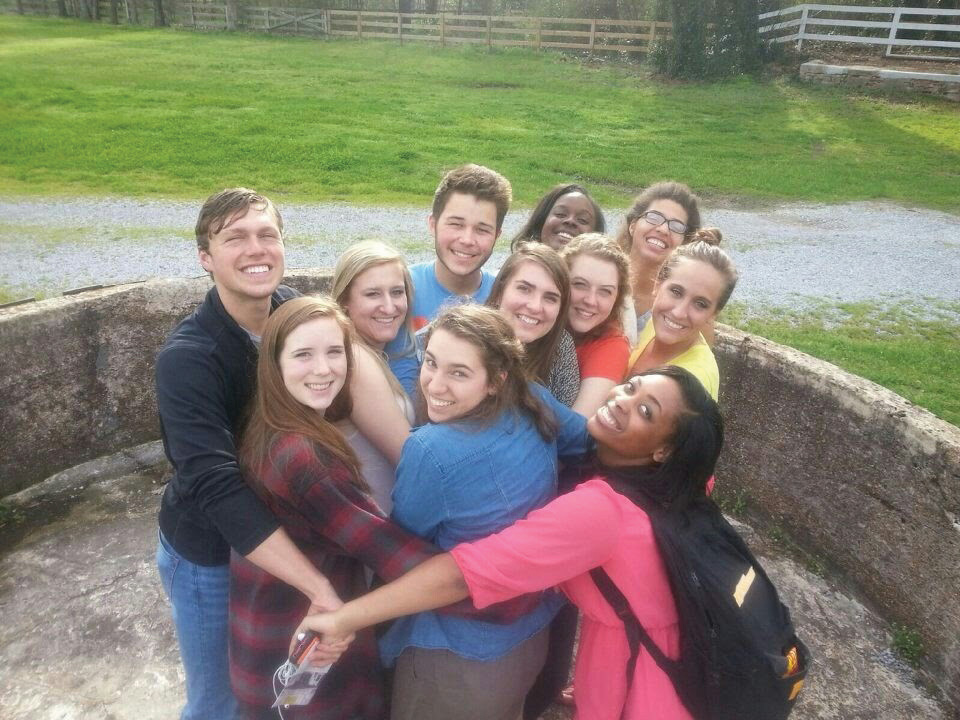
Fostering new leaders
Carver is one of many Alternative Break participants who have gone on to accomplish great things. Now, the next set of servant leaders are making an impact in cities across the country.
Emily Kraeske, a senior studying environment and soil sciences, has served on four trips since her sophomore year, and this year she served as the co-student coordinator for the program.
Her work with the program began when she realized she wanted to be more involved on campus. Some of her friends had been on Alternative Break trips, and she listened to them describe their trips when they returned.
“Service has always been something I have valued, but I had never done so much service at one time,” Kraeske says. “I was very nervous to go on a trip that was so different from anything else I had ever done, but I knew that going on an Alternative Break was the best, most impactful way to spend my spring break. I am so grateful I stepped outside of my comfort zone to participate in the program.”
During her first trip to Greenville, Mississippi, in spring 2016, Kraeske’s group worked with local agencies that focused on rural community outreach.
“I loved my first Alternative Break trip so much that I knew almost immediately that I wanted to do more with the program and was interested in being a leader,” Kraeske says. “I had never held a leadership position before, and I was convinced that I simply didn’t have it in me to be a good leader. I shared some of these thoughts with the leaders and other participants, and they encouraged me to pursue the leader position in spite of my self-doubt.”
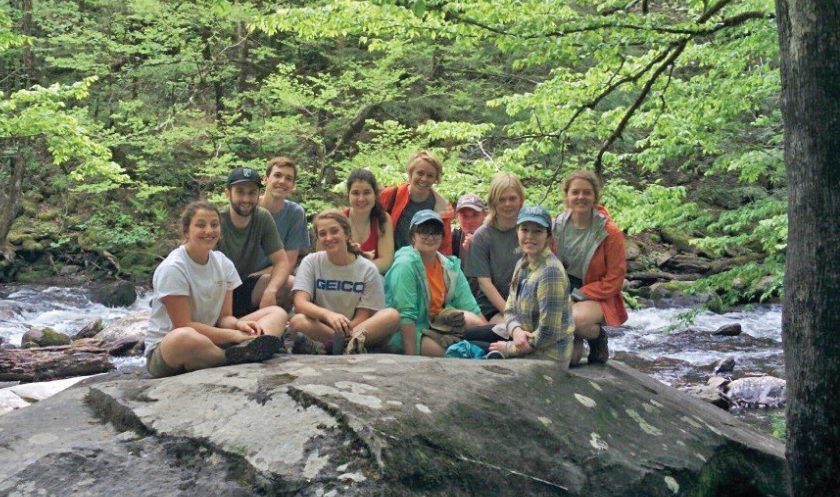
That encouragement gave her the confidence to apply to be a leader, which also led to many other leadership opportunities during the remainder of her college career.
In fall 2016, she led her first group to Tuscaloosa, Alabama, where they worked on restoration efforts of substandard housing. One of her most memorable experiences was interacting with the homeowners the group assisted during the trip. The group helped finish a home repair project for a single mom with two boys who had been living out of two rooms in their trailer because the rest of the structure had black mold.
“Our work that day completed that project, and it was so amazing to see how grateful the homeowner was,” Kraeske says. “She told us her story and detailed every hardship and obstacle. It was so powerful for us to hear how difficult and different her life was from ours and to see the positive impact we contributed to.”
In 2017, Kraeske led trips to the Great Smoky Mountains Institute at Tremont to help with trail and campsite maintenance and to Greensboro, North Carolina, to work with organizations that assist people who don’t have access to adequate food.
She says the two things she has learned most from the program are the impact of selfless service and the importance of developing relationships.
“Since I have been involved with the program, I have come to see the value in all types of service,” she says. “Instead of focusing on whatever task I am asked to do, I have learned that the most important thing is that I am doing something to help the people I am serving.
“One of my favorite things about the program is all the personal connections you get to make on the trips with leaders, participants and community partners. The selfless nature of the trips brings out a certain vulnerability in people, and you learn so much from their stories.”
